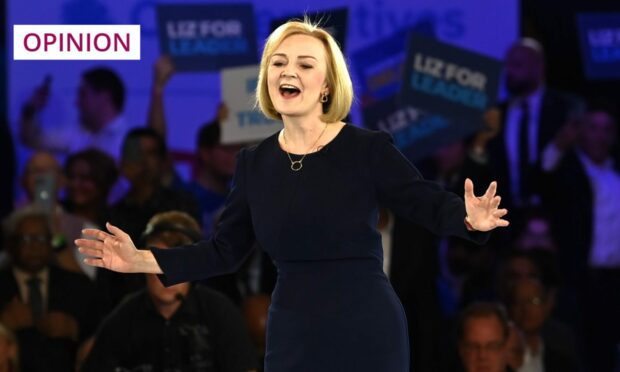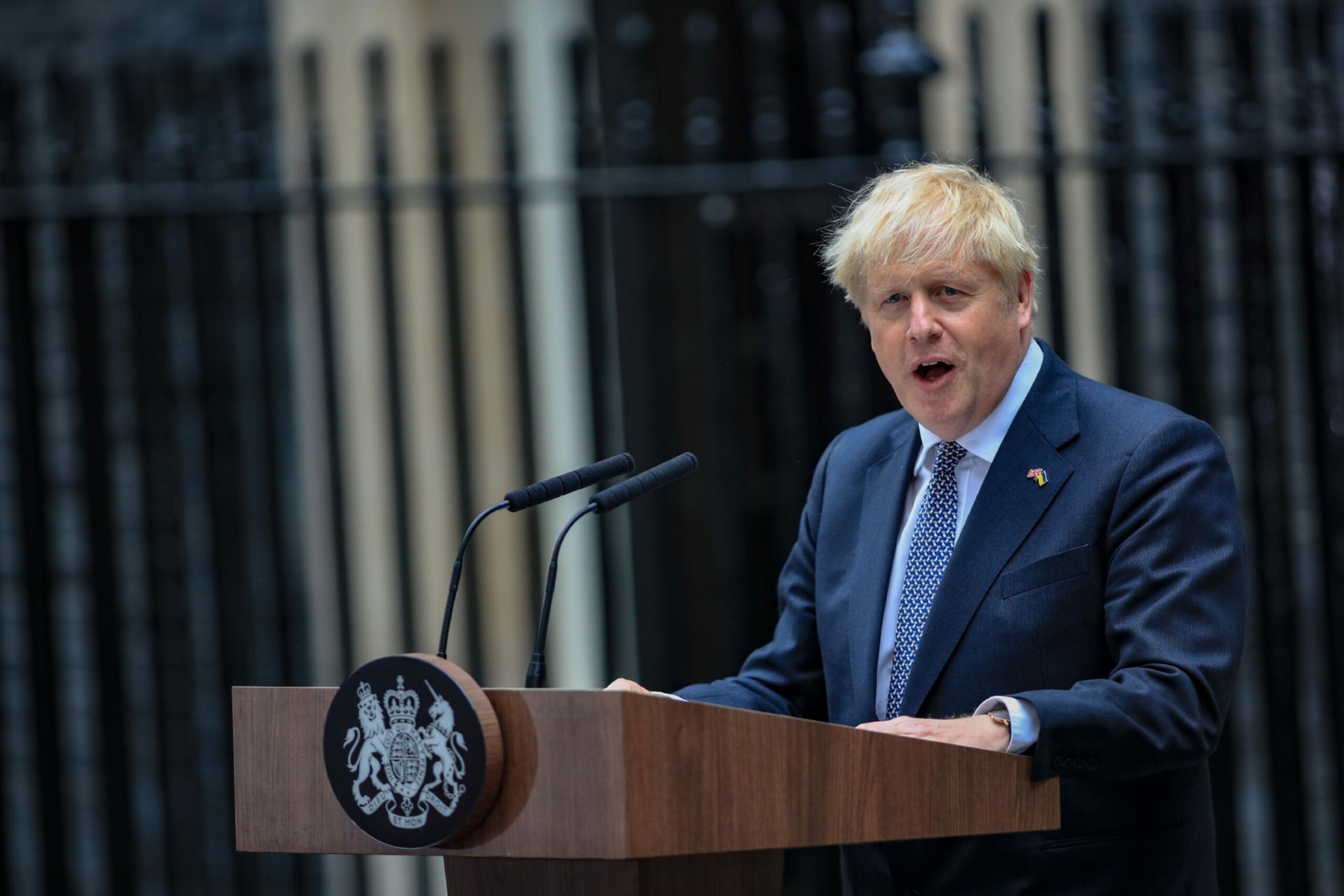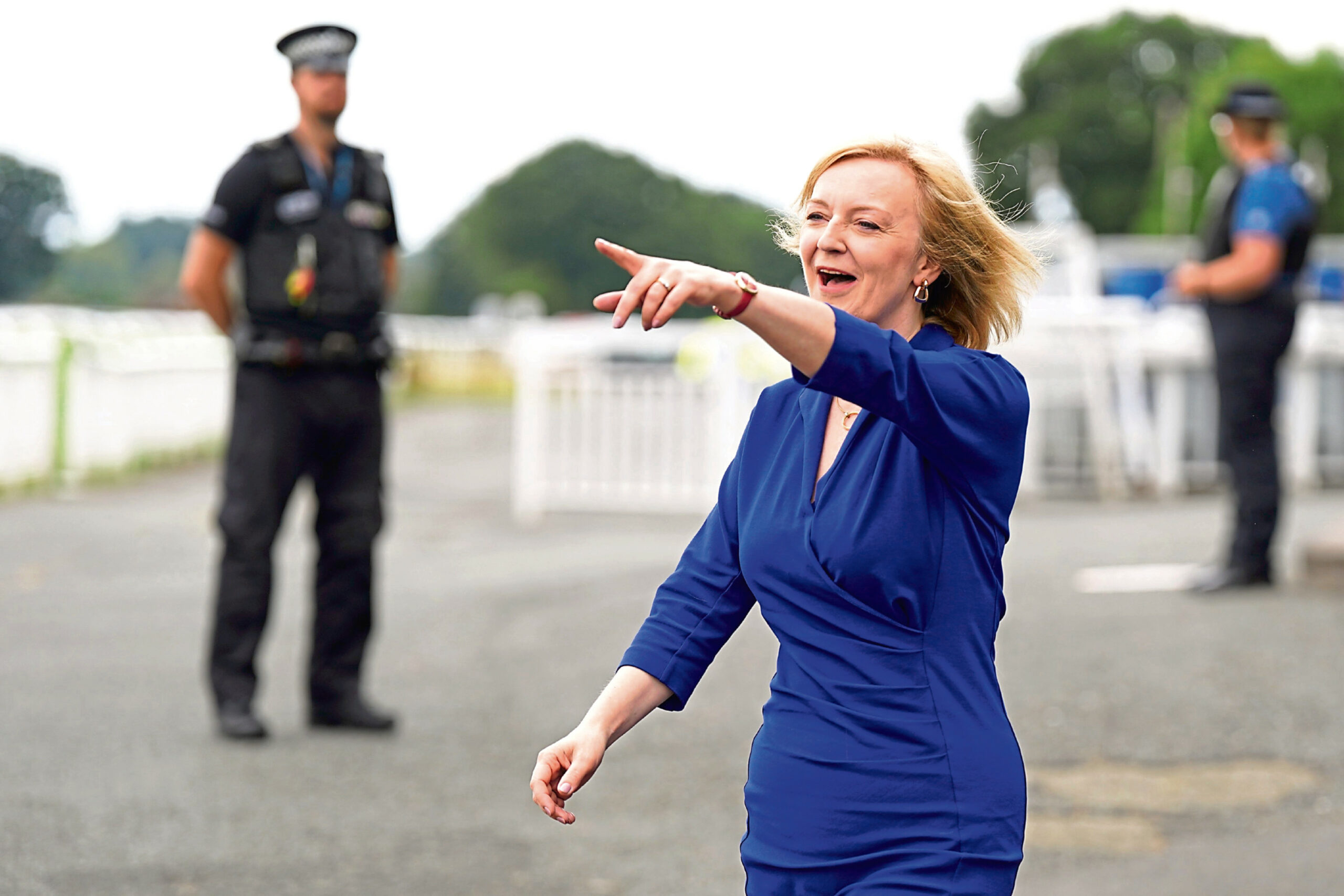Earlier this year, Google engineer Blake Lemoine was fired after claiming that the artificially intelligent chatbot he worked on was actually sentient.
How crazy! A machine being mistaken for a thinking, feeling human being?
But that was before the stratospheric rise of Liz Truss and, now, I have some sympathy with Lemoine’s confusion. How DO you tell a fully functioning human being from a pre-programmed robot with limited vocabulary?
Tax cuts! Private profit! More tax cuts! Profit, pro…fit, pro…fit… Oh, switch her off someone, please.

The Truss-bot makes a bull in a China shop look like a ballerina. She has blustered her way to the front of the leadership contest with policy statements that suggest she consistently selects the wrong linguistic programme, her answers displaying the same frustratingly vague relevance as chatbot conversations.
Regional pay boards? Didn’t mean it! No heating handouts? Only kidding! Will if I have to!
But nothing is more disturbing than Truss’s refusal to commit to appointing a government ethics adviser.
Truss thinks she’s only accountable to herself
Her explanation is even more disturbing than her decision. She doesn’t need one. We have too many advisers, she insists. (If we’re talking Dominic Cummings here, perhaps we can agree.) Too many rules and regulations.
Liz Truss knows right from wrong. She has always acted with integrity. Says who? Says Liz – as if her personal interpretation of integrity is the gold standard. Full stop.
It is hard to know where to begin with this – the fact that she was central to a government discredited for its ethical lapses, perhaps? – but let’s try. The last Tory government ethics adviser walked after Boris Johnson (who also claimed to have integrity) asked him to behave, well, unethically.
But, at least Johnson had enough nous to know that, even if he didn’t personally care about ethics, he’d better pretend he did. Truss is despotic enough to think she doesn’t even need a kiddie-on adviser. In case she hasn’t noticed, “trust me – I’m prime minister” doesn’t really cut it anymore.
Back in 1994, John Major appointed a committee to investigate standards in public life, led by the late Lord Nolan. They identified seven principles, known as the Nolan principles, which are still used today as the guiding lights for anyone holding public office.
They are: selflessness, honesty, objectivity, integrity, openness, leadership, and accountability. Truss clearly thinks she’s only accountable to herself.
Ethics are a crucial part of politics
Ethical dilemmas – and choices – lurk in every political decision. Back in May, I wrote about oil giant Shell’s profit reaching £7.5 billion in the first three months of this year – treble the same period last year. Is that ethical, when Shell knows their increased profit will result in increased winter mortality?
Is it ethical for Truss to sanction that, saying: “Profit is not a dirty word”; to take the ideology of private enterprise to such extremes that dead bodies are fair exchange for extra bucks for big business? Or, is it ethical to take energy into public ownership, as France has done, thereby limiting increases in bills to 4%?
This week, a poll suggested that more than half the nation has lost faith in the NHS, don’t feel confident they will be treated quickly if they become ill, and believe that GP services have deteriorated.
Days later, a story emerged of an elderly woman who called her GP when her husband died to ask for a death certificate. The doctor refused to visit personally. It was done by smartphone now, he said, instructing her to hold the phone to the dead man’s chest. Unsurprisingly, her friend had to take over. Ethical healthcare?
What is this? Debt pass the parcel?
Chief executive of the NHS Confederation, Matthew Taylor, this week demanded a “realism reset”. The health service is in a “terrible situation”, facing “more demand than we can deal with”. Yet, Truss wants to move £10 billion from health to another crisis zone: social care.
What is this? Debt pass the parcel? Move it around quickly and, if the music stops, you have to pay? No wonder Truss doesn’t want an ethics adviser.
I once heard of a university lecturer who set a self-reflective essay on discrimination. If you say anywhere in this essay that you are not discriminatory, students were warned, you will automatically fail. The point, of course, was that anyone who considered they were outside of a human frailty merely proved they were at the heart of it.
People fear artificial intelligence will become more powerful than humans, but less ethical. The ability to assess right and wrong distinguishes human beings from machines, but, individually, we don’t always get it right.
Assuming Liz Truss is actually sentient – in this campaign, that’s been a stretch – she is subject to the same frailties, the same blinkered vision, the same need for reality checks as anyone else. Her inability to understand that, if she is elected prime minister this weekend, she needs to be visibly accountable rings alarm bells about her suitability for that office.
Catherine Deveney is an award-winning investigative journalist, novelist and television presenter



Conversation